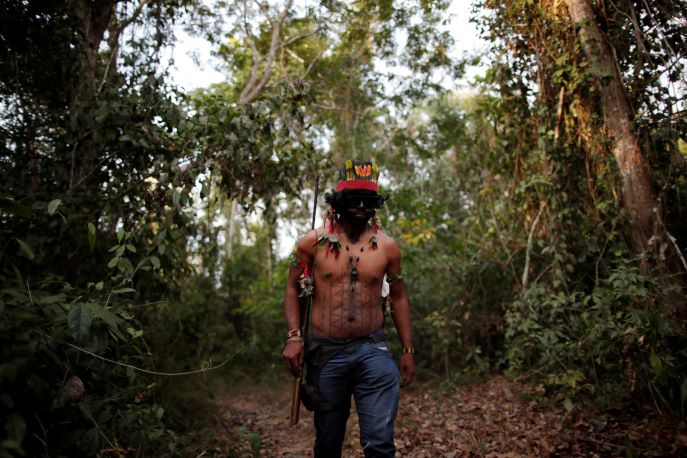In the latest issue of The Sustainable Business Review, our columnists analyse some of the latest developments, from the Net-Zero Banking Alliance weakening its language on phasing out fossil fuels, to how the energy crisis is putting the wind in the sails of community energy
Climate Week New York has been a fixture in the sustainable business calendar since it was launched by The Climate Group in 2009. The annual summit takes place alongside the United Nations General Assembly, leading top international leaders from business, government and civil society to descend upon Manhattan in droves.
As Mike Scott reports in his ESG Watch this month, this year’s event took place against the backdrop of Russia’s mobilisation of troops for its war in Ukraine, a fractious U.N. General Assembly, and another wave of climate change-exacerbated natural disasters.
While on the one hand, the recent passage of the Inflation Reduction Act has lifted the mood and led many to believe the U.S. is back in the climate game, against that is a growing backlash against ESG.
September saw the Net-Zero Banking Alliance weaken its language on phasing out fossil fuels after a number of America’s biggest banks, including JPMorgan Chase, Bank of America and Morgan Stanley, raised concerns about legal liabilities related to phasing out the commodities and antitrust rules.
In her Policy Watch column, Angeli Mehta reports on the mood at the General Assembly, where Secretary-General Antonio Guterres excoriated leaders for their failure to tackle multiple crises, including climate and biodiversity loss, and Colombia’s new president, Gustavo Petro, called for finance to help that country stem its escalating deforestation in the Amazon.
One bright spot was a deal reached earlier this month that will see Norway once again pay Indonesia for cutting carbon dioxide emissions by reducing deforestation and preserving carbon-rich peatlands. Indonesia had pulled out of a previous agreement with Norway last year, saying it hadn’t been paid.

Oliver Balch stays with the deforestation theme in his Brand Watch column. With forestry projects accounting for 38% of all tradeable carbon credits, he reports on how blockchain technologies such as the Open Forest Protocol, Veritree and Veridium Labs are bringing much-needed transparency to voluntary carbon markets.
He also reports on how the widespread global adoption of mobile phones reduces initial concerns that forest communities would be unable to engage with the digital technology underlying blockchain.
In Society Watch, Mark Hillsdon looks at an alternative to fossil fuels that is gaining traction at a grassroots level in Europe as fuel prices soar: community energy. It’s a movement that is being supported financially by the outdoor clothing brand Patagonia, whose founder, Yvon Chouinard, recently announced would be converted into a charitable trust dedicated to fighting climate change.
Oliver Balch’s interview subject this week is Jim Andrew, chief sustainability officer of PepsiCo, who talks about Pepsi’s biggest challenge yet: winning over millions of farmers to regenerative practices.
And we have guest commentary from Rachel Kyte, dean of The Fletcher School at Tufts University, who explains five ways the world can break the deadlock on funding climate damage.
That’s it for now. We’ll be back in November ahead of the COP27 climate talks.


